
P(W=yes | do(S = yes) ) vs. P(W = yes | do(S = no))?
P(W=yes | do(S = yes) ) vs. P(W = yes | do(S = no))?
(FWIW I've often heard (and agree) that the hardest problem in computer science is naming things, so pretty sure we suck just as much!)

(FWIW I've often heard (and agree) that the hardest problem in computer science is naming things, so pretty sure we suck just as much!)
(from "When is conditional probability meaningful?" in arxiv.org/pdf/1802.06071)

(from "When is conditional probability meaningful?" in arxiv.org/pdf/1802.06071)
dl.acm.org/doi/10.1145/...
Probably the most relevant part is Section 3.5 (Clojure and the Host), but tail calls are specifically addressed briefly in Section 3.2.3.
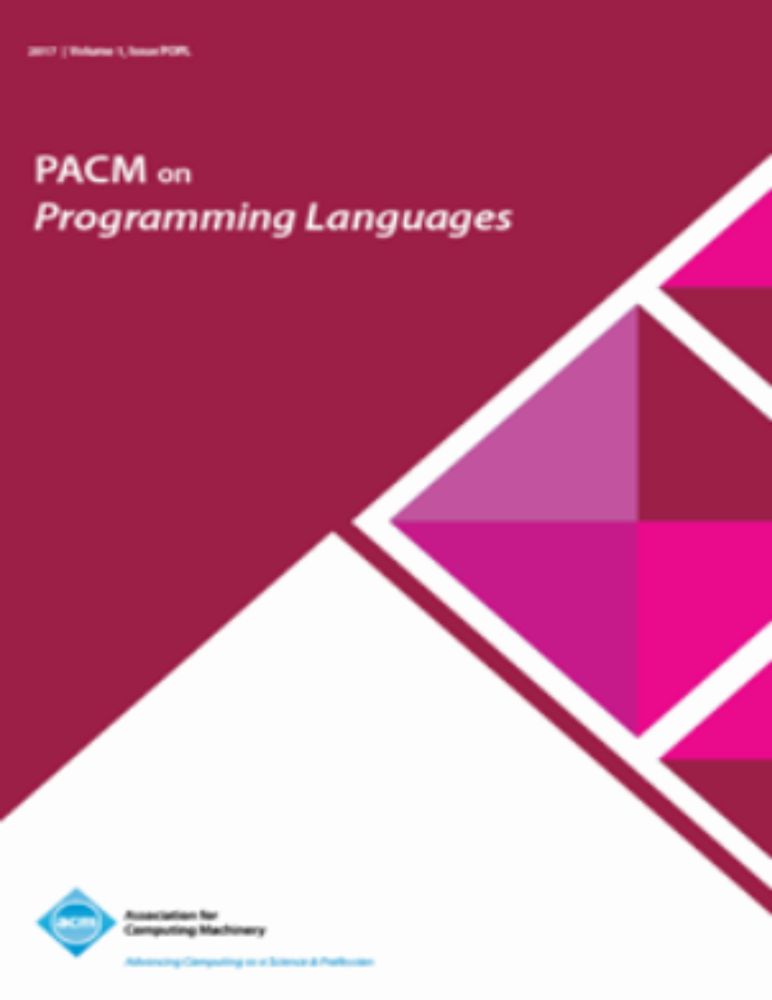
dl.acm.org/doi/10.1145/...
Probably the most relevant part is Section 3.5 (Clojure and the Host), but tail calls are specifically addressed briefly in Section 3.2.3.
en.wikipedia.org/wiki/Default...
(whenever I see some logic called "non-monotonic" I wonder if there is some structure missing from its formulation that could be judgmentally reconstructed)
en.wikipedia.org/wiki/Default...
(whenever I see some logic called "non-monotonic" I wonder if there is some structure missing from its formulation that could be judgmentally reconstructed)
bsky.app/profile/p-hu...
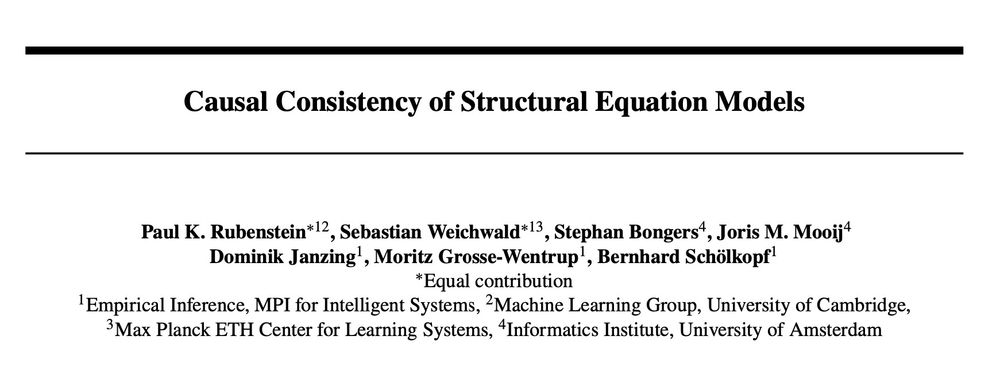
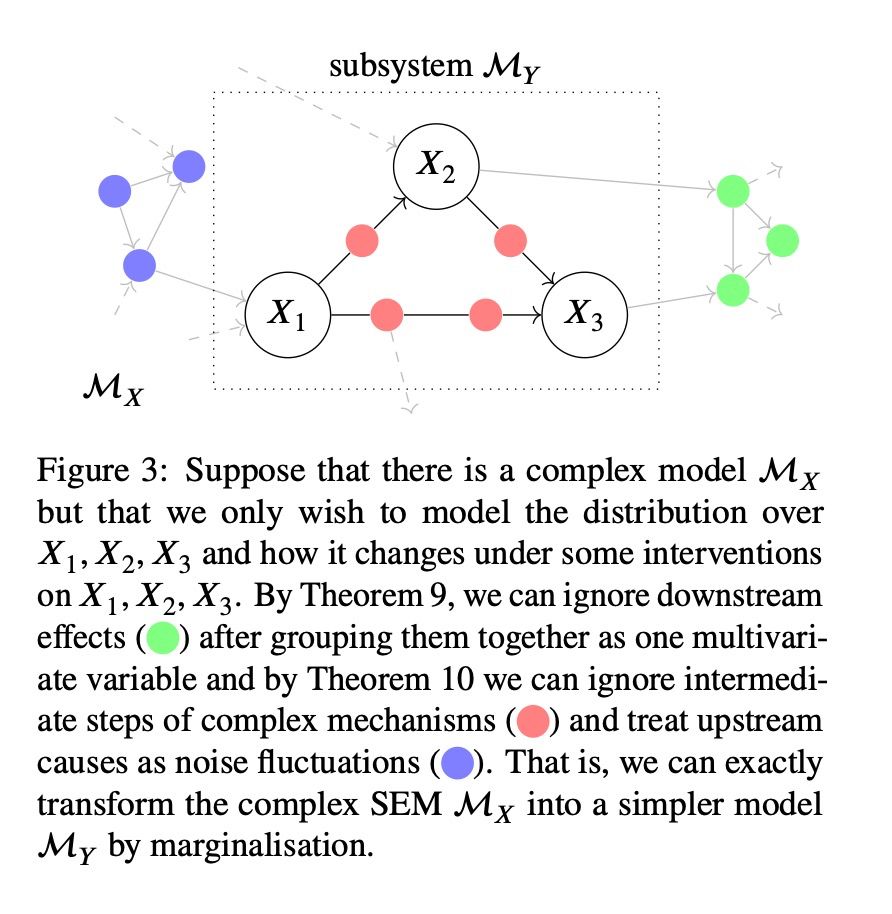
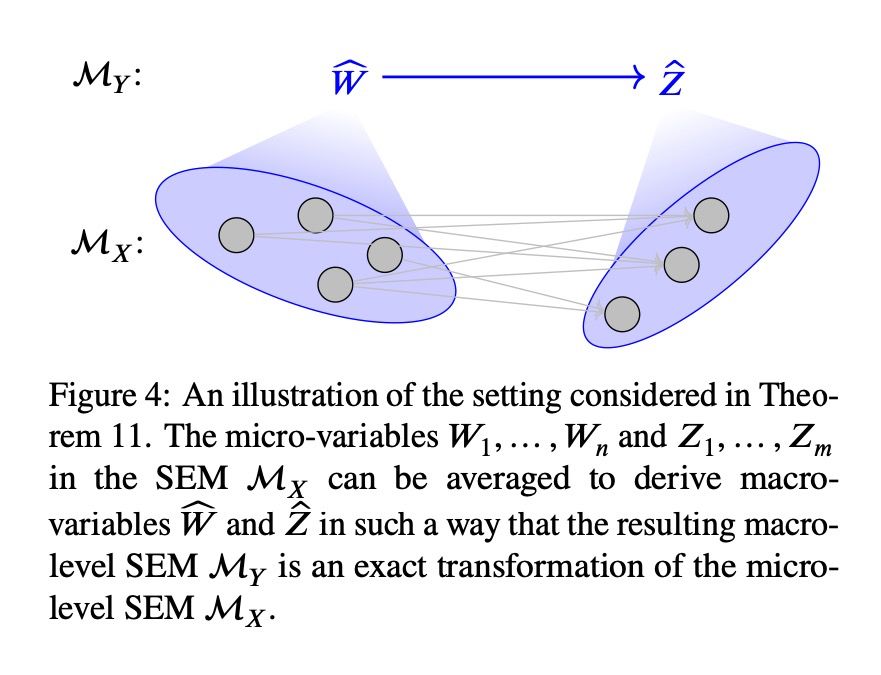
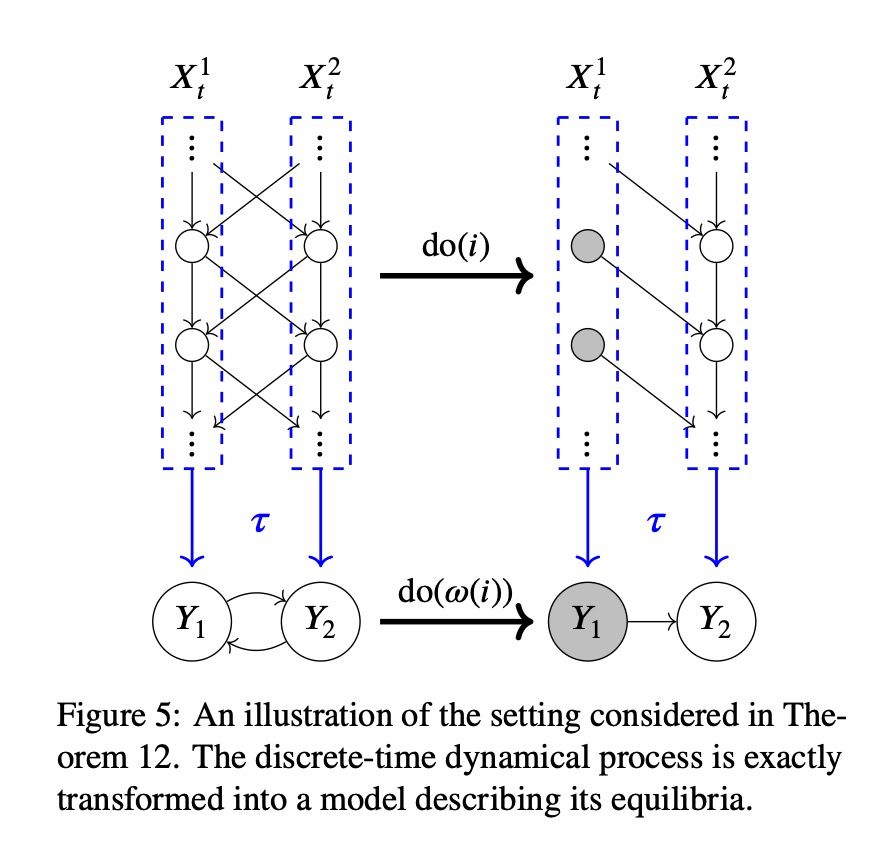
bsky.app/profile/p-hu...

